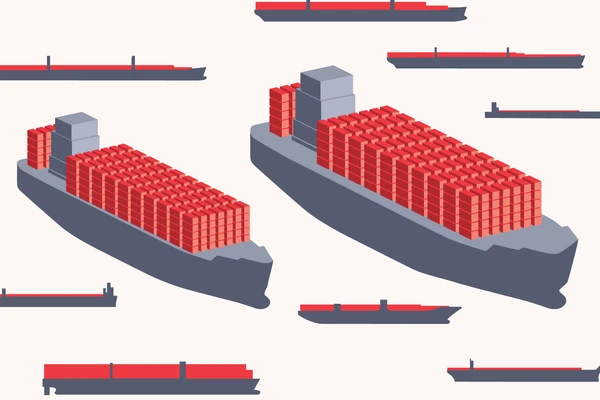In today’s global economy, the tug-of-war between environmental conservation and economic development is more pronounced than ever. The European quest for preserving its verdant forests stands in stark contrast to the economic necessities that drive Malaysian job markets, particularly in industries such as palm oil production. This friction between ecological stewardship and the pursuit of prosperity highlights not only the complexities of globalization but also the challenges in finding a harmonious balance. In this deep-dive exploration, we peel back the layers of this intricate clash, examining its nuances and considering pathways towards resolution.
The Heart of the Matter: European Conservation Efforts
Europe’s forests are not just expanses of biodiversity; they are also the lungs of the continent, playing a critical role in carbon sequestration. As climate change becomes an ever-more pressing concern, European nations have ramped up their conservation efforts.
Enhanced Legal Frameworks: Many countries have introduced stringent regulations aimed at preserving their natural forests.
Community Engagement: There is a growing movement towards involving local communities in conservation efforts, recognizing that sustainable forestry practices can coexist with conservation goals.
The Ripple Effects on Malaysian Job Markets
However, these commendable efforts have had unintended consequences thousands of miles away in Malaysia. The European demand for sustainable products has put pressure on industries like palm oil, which is a lifeline for thousands of Malaysians.
The European Union’s restrictions on palm oil, citing environmental concerns, have significantly impacted Malaysia’s export revenues.
This has led to job uncertainties in a sector that employs millions, directly and indirectly.
The Malaysian Response: Striking a Balance
Faced with these challenges, Malaysia is on a quest to prove that economic growth and environmental sustainability can go hand in hand.
Sustainable Palm Oil Initiatives
Malaysian Sustainable Palm Oil (MSPO) Certification: This initiative aims to improve the sustainability of palm oil production, addressing environmental, social, and governance (ESG) criteria.
Innovation in Agriculture: There’s a concerted effort towards using technology to reduce the environmental footprint of palm oil production, from drone mapping to eco-friendly pesticides.
The Socio-Economic Angle
Community Development: The palm oil industry is pivotal for the socio-economic development of rural areas in Malaysia, providing not just jobs but also improving infrastructure and access to education.
The Way Forward: Dialogues and Partnerships
The complex interplay between European conservation efforts and Malaysian economic needs is not a zero-sum game. It calls for open dialogues, mutual understanding, and partnerships.
Collaborative Conservation
Joint Research Initiatives: European and Malaysian entities can collaborate on research projects aimed at enhancing agricultural sustainability while minimizing environmental impacts.
Economic Adjustments
Diversification: Malaysia could explore diversifying its economy further, reducing over-reliance on palm oil in favor of other sustainable avenues of economic growth.
Encouraging Sustainable Tourism: Leveraging its beautiful landscapes and rich biodiversity, Malaysia can boost its tourism sector, providing alternative employment opportunities.
Conclusion: A Call to Action for Harmony
The narrative of European forest preservation versus Malaysian job security is a microcosm of a global challenge. It reminds us that in a world as interconnected as ours, decisions made in one part of the globe can have far-reaching impacts elsewhere. This story is not about choosing between the environment and the economy; rather, it compels us to seek innovative, equitable solutions that allow both to thrive. Let us champion initiatives that foster dialogue and collaboration because the health of our planet and the well-being of its people are inextricably linked.
“The balance between conservation and development requires empathy, innovation, and a commitment to dialogues that bridge divides.”
As we move forward, let this be a reminder that the path to a sustainable future is paved not with conflict but with cooperation and mutual respect.







